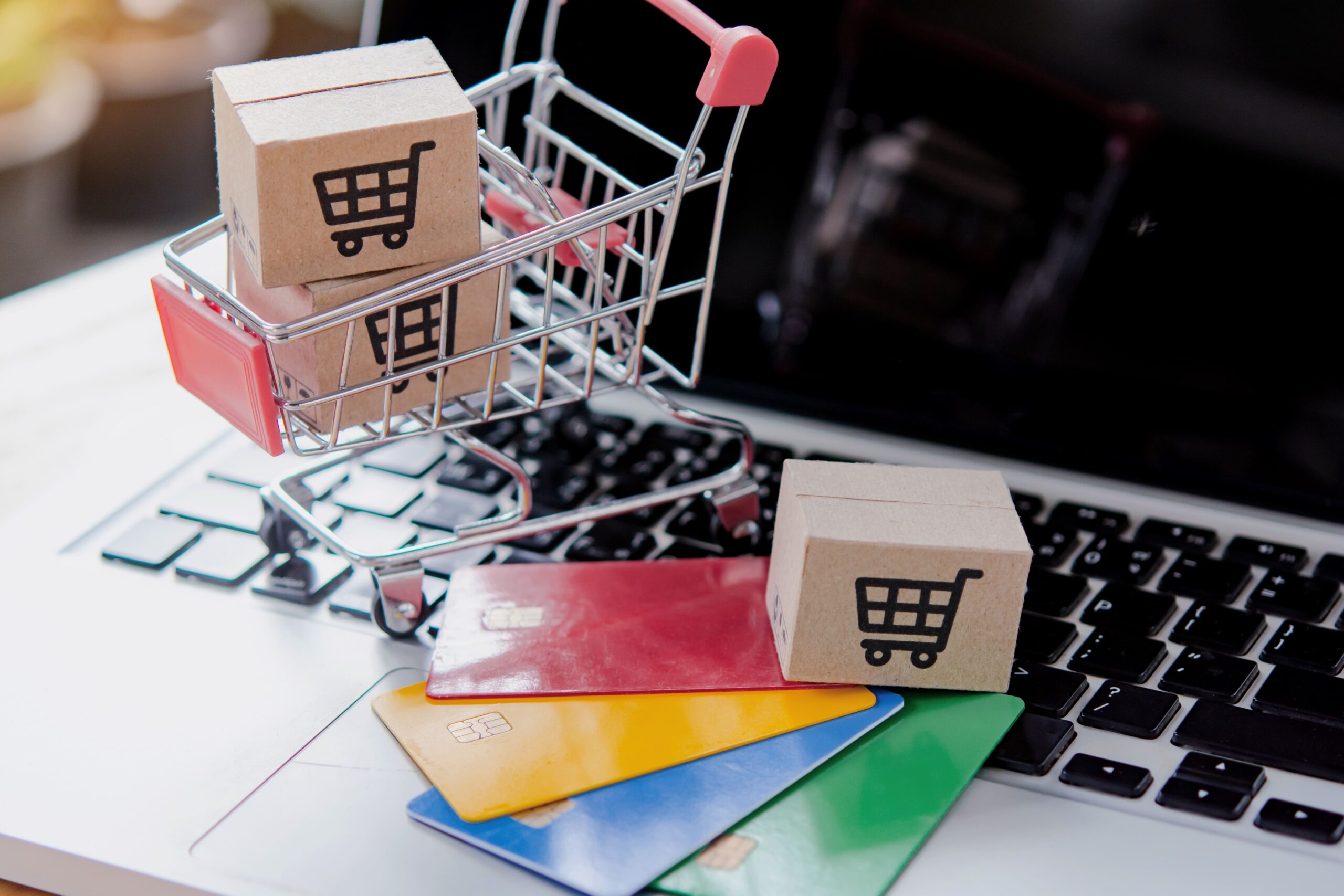

The E-commerce business has seen tremendous growth in the last few years and more so in the last two years. It has crossed geographic boundaries providing customers with virtually everything they need from anywhere through global shipping options.
With business growth comes with data explosion of data. Data that can unpack incredible opportunities to improve customer experience, increase revenue, and enhance operational efficiency. Machine learning and AI in ecommerce has been utilised by ecommerce giants such as Amazon, Alibaba, and Rakuten to take advantage of data and information in their platforms.

Today, AI is even bringing more significant changes to the eCommerce landscape as these platforms become available even to medium and small players. AI in eCommerce is increasing at a speed that expects it to reach $36.8 billion worldwide by 2025. Its adoption focused on personalisation, efficiency, and revenue growth.
Retail platforms use this AI technology to allow customers to search for products based on an image. With social media influencers and celebrities influencing many of the trends today, it’s no wonder this feature if proven to be a useful tool when making searches. This is not only applicable to apparels and accessories but also for home furnishings, appliances, and tools.
This is very useful when customers don’t recognise the exact name of the item or doesn’t know the right words to search for it in the online store.
With ML and AI in eCommerce, businesses can recommend relevant products based on the customer’s search history, platform engagements, and behavior. Providing relevant products improves engagement. The same capacity also provides related products most vendors will label as “bought with” to encourage customers to purchase other products they may not have initially planned but may need. On the business end, this improves upselling revenue.
What makes Ecommerce platforms great is their ability to personalize recommendations and experiences based on customer profiles. Apart from smart recommendations that come from previous engagement with the site, personalisation is also carried out post-purchase.
This includes a real-time update on parcel shipment status and expected delivery dates as soon as the package is out for shipment. Giving customers the convenience of tracking their parcels.
In terms of marketing, teams can push out relevant offers and products related to previous purchases, potential purchases based on previous items bought, and seasonality and trends. Because offers are relevant and important to the customer, the change of engagement is higher.
Through AI in eCommerce, businesses now can link their shopping cart platforms to machine learning tools that can help identify abandoned carts. By deploying communication to customers either by email, push notification, or SMS, eCommerce sites can have one more push for these customers to check out their items in the cart.
On the store level, there are also ways to keep customers who are about to leave with items for check-out. A business can verify if the customer is leaving without checking out the cart, saving the item for the next visit, and other options which can encourage customer to check-out the cart.
Among the most important benefits of ML and AI in eCommerce is that it gives businesses a platform to see demand trends. Having proper and accurate forecasts allows them to yield, push sales, create demand, and more. Having real-time insights and movement of the market trend will be a major advantage in driving sales forward. On top of yielding and pricing, forecasting also helps businesses manage production, staffing, logistics, and expenses.
Taking the AI application to a different level is the application of augmented reality and virtual reality to help customers visualise the fit of the product. This has been applied by brands such as Ikea where you can choose and item and see how that fits in the room of your house and by Rakuten where you can see how clothes fit depending on certain body types.
Get in touch with AI Consulting Group via email, on the phone, or in person.
Send us an email with the details of your enquiry including any attachments and we’ll contact you within 24 hours.

Call us if you have an immediate requirement and you’d like to chat to someone about your project needs or strategy.

We would be delighted to meet for a coffee, beer or a meal and discuss your requirements with you and your team.
